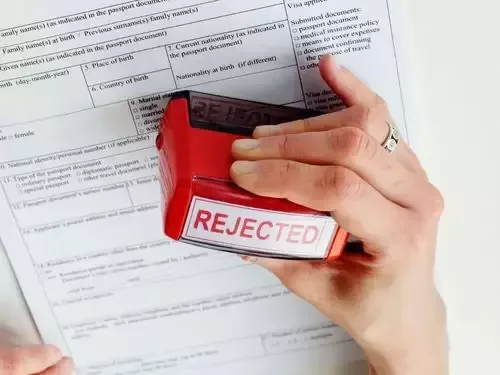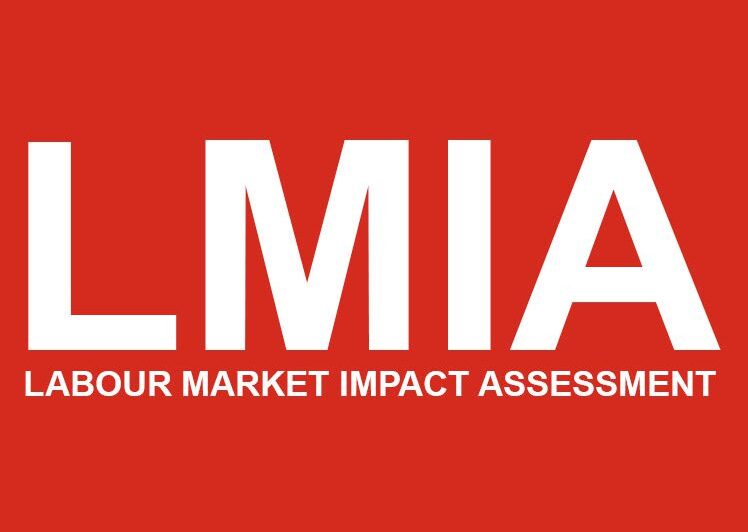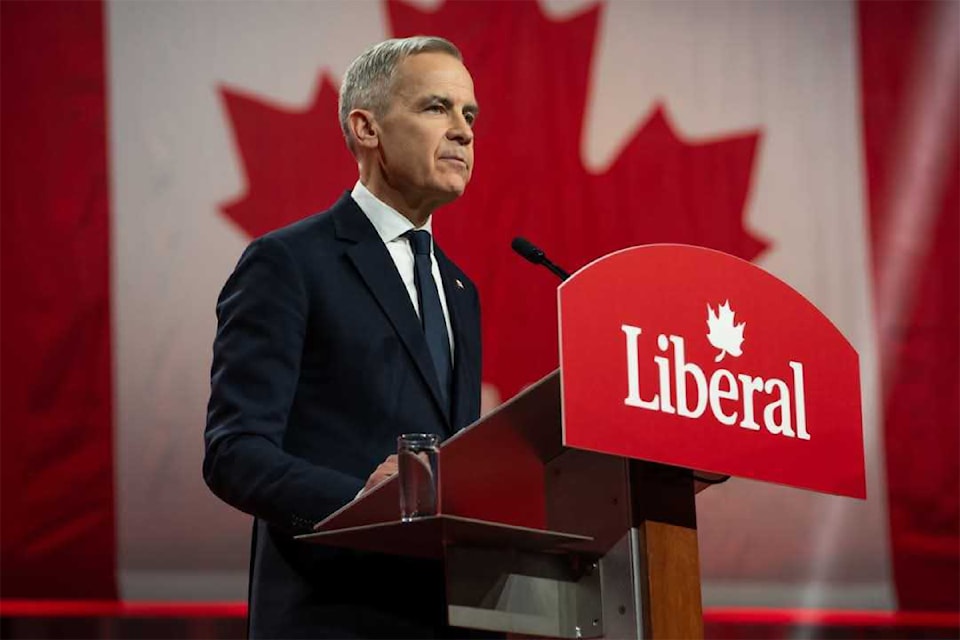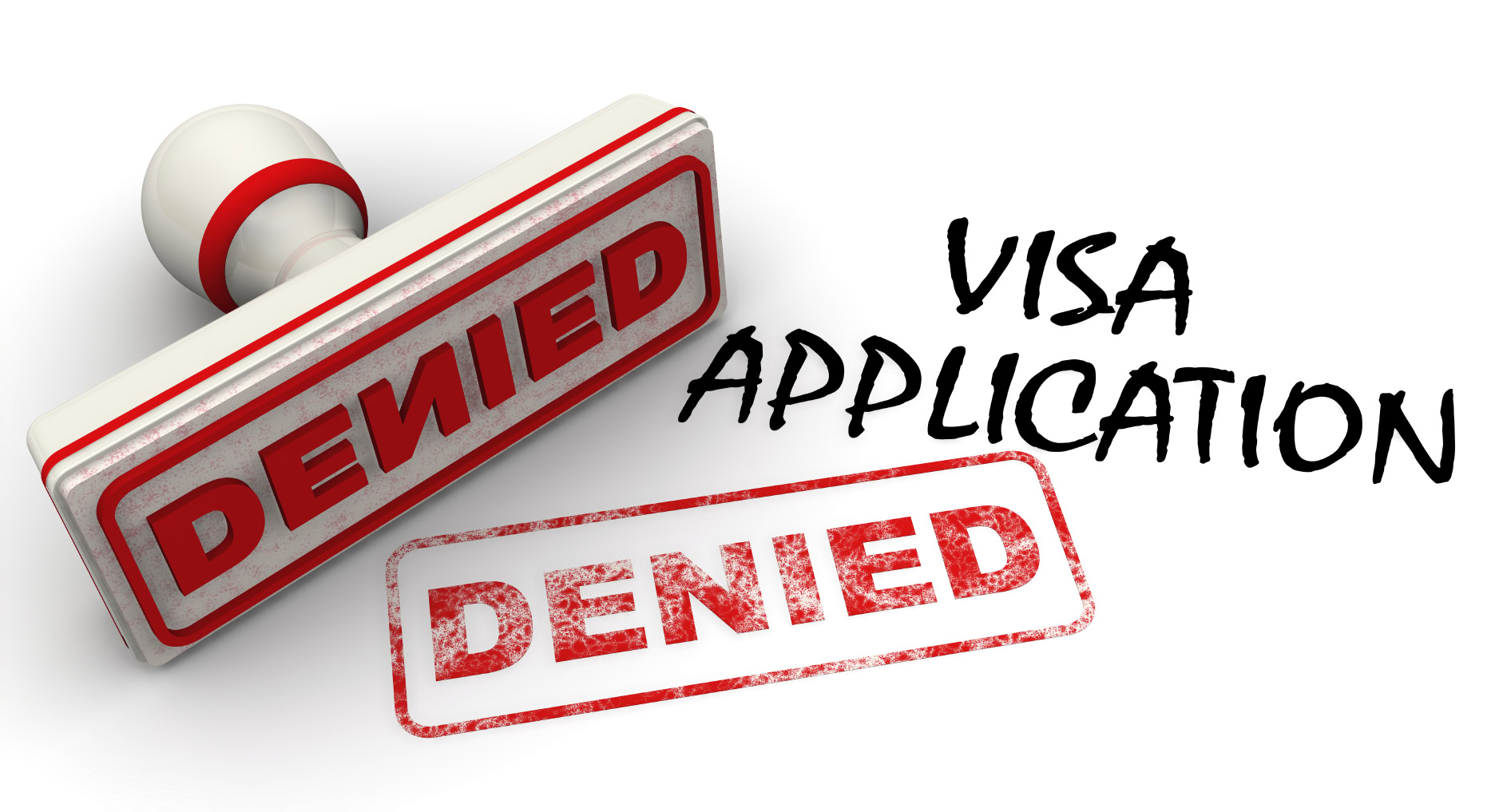Why Canada Visitor Visas Keep Getting Refused And How to Get Approved
Applying for a visitor visa to Canada sounds straightforward on paper. Fill out a few forms, gather your documents, pay the fee, and you’re good to go, right?
Unfortunately, that’s rarely how it plays out.
Refusals are far more common than most applicants expect. And if you’ve already faced rejection once, reapplying without fixing the underlying issues often leads to yet another disappointment. The worst part? Immigration, Refugees and Citizenship Canada (IRCC) doesn’t always give clear answers as to why your application was denied. You’re left confused, frustrated, and unsure of what to do next.
Let’s fix that. In this guide, we’ll break down why visitor visa applications get refused, what IRCC is really looking for behind the scenes, and how to build an application that actually stands a chance.
First Things First: What Is a Canadian Visitor Visa?
A Canadian visitor visa, officially known as a Temporary Resident Visa (TRV) is the document that allows a foreign national to legally enter Canada for a short-term stay. Whether you’re planning a vacation to enjoy Canada’s landscapes and vibrant cities, visiting close family or friends, or attending a business meeting or conference, the Temporary Resident Visa (TRV) is your gateway. But here’s where many applicants go wrong: a visitor visa isn’t something you’re automatically entitled to, it’s a privilege, not a right. Approval depends entirely on your ability to convince the visa officer that your visit is truly temporary. That means showing strong ties to your home country, proof of financial support, a clear reason for your trip, and most importantly, solid evidence that you’ll leave Canada before your visa expires. Without that, even well-meaning applications often get refused.
Why Do So Many Visitor Visa Applications Get Refused?
You filled out the forms. You uploaded your bank statements. You even wrote a heartfelt invitation letter. And still your visitor visa was refused. If that sounds familiar, you’re not alone. Every year, thousands of people get denied by IRCC, often without fully understanding why. The truth is, visitor visa refusals rarely come down to just one thing. Officers don’t just check boxes, they assess the story behind your application. And if that story raises any red flags, you’re out. Let’s break down the most common reasons visitor visa applications are refused—and how to finally get yours approved.
1. Weak Ties to Your Home Country
This is the #1 reason applications are denied. IRCC wants to be confident that you’ll leave Canada when your visit ends. If your application doesn’t paint a clear picture of your life back home, such as full-time employment, property ownership, school enrollment, or strong family obligations, officers may assume you have no real reason to return. And that raises the fear that you’ll overstay your visa.
Pro tip: Saying “I promise to leave” isn’t enough. You need to prove that your roots are strong where you live. Include employer letters, land titles, proof of schooling, or evidence you support family members. The more grounded you are in your home country, the safer you look to IRCC.
2. Unclear or Weak Purpose of Visit
Here’s the deal: vagueness kills applications. If your reason for visiting Canada sounds too general like “sightseeing” or “visiting friends”without specific plans or documentation, that’s a problem. IRCC wants to know: Who exactly are you seeing? Where will you stay? What will you be doing?
If you submit an application without a detailed itinerary, a strong invitation letter, or clear proof of what you’ll be doing, the officer may assume you’re not telling the full story or worse, hiding something.
To fix this: map out your visit like you’re pitching a business proposal. Include travel dates, flight estimates, accommodation bookings, day-by-day plans, and relationship evidence if you’re visiting family. Make it easy for them to say yes.
3. Insufficient Financial Proof
Having money isn’t the issue, showing it properly is. Many people get refused even though they have the funds to travel, simply because their documentation didn’t paint a clear financial picture.
What does IRCC want to see? Stability, consistency, and credibility. That means submitting:
- Several months’ worth of bank statements—not just one.
- Pay stubs showing regular income.
- Employment letters confirming your job and salary.
- Sponsor documents (if someone else is paying) showing their ability to support you.
A sudden lump sum right before applying can look suspicious. Think long-term patterns, not one-time windfalls.
4. Little to No Travel History
Technically, you don’t need travel history to be approved. But let’s be honest, it helps a lot. If you’ve visited countries like the U.S., UK, or members of the Schengen Area and returned on time, that tells IRCC you’re someone who respects visa rules.
If your passport is blank, and your ties to your home country are already shaky, that adds to the risk profile. Officers may wonder: “Why is Canada your first trip? Why now?”
If this is your first visa ever, overcompensate by being extremely detailed in every other part of your application. You need to earn their trust another way.
5. Ignoring Past Refusals
One of the most frustrating mistakes people make is reapplying with the exact same documents after getting refused. It doesn’t work. In fact, it often makes things worse.
IRCC keeps detailed notes on your file. If you were previously refused for lack of ties or unclear purpose, and your new application doesn’t directly address those issues, it tells the officer you either didn’t understand the problem or you didn’t care.
Instead, acknowledge the refusal in your cover letter. Explain what you’ve changed, and provide fresh documents to support it. Showing that you took IRCC’s concerns seriously builds credibility. Ignoring them breaks trust.
Bottom Line: Strong Applications Are Built on Strong Proof
A visitor visa to Canada isn’t just about paperwork, it’s about telling a compelling, truthful story backed by the right evidence. You need to show that you have something to go back to, a clear reason for coming, the means to afford it, and a history that says “trust me.”
Still unsure what’s missing from your file? We’ve helped hundreds of applicants turn rejections into approvals with personalized strategies that speak directly to what IRCC officers are trained to look for.
Ready to get it right this time? Let’s make it happen.

But What If the Refusal Letter Was Vague?
You open the IRCC refusal letter, hoping for clarity… and instead, you get a vague one-liner like:
- “You have not demonstrated sufficient ties to your home country.”
- “The purpose of your visit is not clear.”
- “You have not satisfied me that you will leave Canada at the end of your stay.”
Frustrating? Absolutely. But this is one of the biggest traps that visitor visa applicants fall into, thinking the problem is just one missing document. In reality, it’s rarely that simple.
IRCC officers don’t write detailed breakdowns of every issue they spotted. They’re trained to assess your application holistically. That means they’re looking at how your documents tell a story, a complete, consistent, and believable story. If your documents, purpose, and background don’t connect in a way that clearly communicates: “I’m visiting Canada temporarily, and here’s why I’ll absolutely return home” then you’ll end up with a generic refusal like the ones above.
Here’s the truth: it’s not always about what you submitted, it’s often about what you left out. Did you provide proof of property ownership? Employer confirmation? A child you’re returning to care for? An itinerary that matches your stated travel dates? Or even something as simple as a signed letter of invitation with full contact details and relationship proof?
Every document matters—but how they work together matters more.
That’s why strong applications don’t come from just “filling in the forms.” They come from anticipating the officer’s concerns before they arise and strategically submitting proof that answers all the unspoken questions:
- Why now?
- Why Canada?
- Why will you leave?
- Why should we trust you?
If your application didn’t make those answers obvious, even without being directly asked, that’s likely why you were refused even if the refusal letter didn’t spell it out for you.
Pro tip: The best applications read like they’ve already addressed every doubt the officer might have. They don’t leave anything up to assumption.
And if you’ve already been refused? Don’t just reapply blindly. Step back, reassess, and rebuild your case like you’re telling the officer a story they’ll want to believe.
How Akrami & Associates Can Help You Get It Right
At Akrami & Associates, we don’t believe in cookie-cutter applications. We treat every case like a unique story that needs to be told clearly, persuasively, and completely.
Here’s what we do differently:
✅ We don’t just fill out forms, We craft a compelling narrative around your visit, backed by solid documentation.
✅ We identify and strengthen weak areas, Whether it’s financial gaps, unclear purpose, or limited travel history, we know how to build up your case.
✅ We help you recover from past refusals, We know how to respond to IRCC’s concerns professionally, even when the refusal letter is vague.
✅ We’ve handled complex cases, From parents of permanent residents to spouses awaiting sponsorship, from business travelers to applicants with no travel history, we’ve seen it all.
Whether you’re applying for the first time or you’ve been refused before, you don’t have to go it alone.
You Only Get One First Impression, Make It Count
The visitor visa process may seem simple, but it’s far from easy. Immigration officers aren’t just scanning your application, they’re evaluating you as a potential risk.
If any part of your application raises even a slight doubt, it could cost you the visa.
Let us help you avoid that. At Akrami & Associates, our team brings strategy, clarity, and confidence to your visitor visa application, so you can travel to Canada without the stress of rejection.
Latest Immigrations News

June 22, 2025
What Happens After Your LMIA Gets Approved?
So, your Labour Market Impact Assessment (LMIA) just got approved? congratulations! That’s a big win, no doubt. But here’s the truth no one emphasizes enough: your journey to working in Canada is only halfway there. A Labour Market Impact Assessment approval is essential, yes, but without a [...]

June 16, 2025
How to Sponsor Your Spouse to Canada (Without Getting Refused)
So, you're in love. Maybe you're married, maybe you've been living together, or maybe you're in a serious long-distance relationship that's ready to close the gap. One way or another, you're thinking about spousal sponsorship, and you're hoping Canada is about to say yes. But here's the [...]

June 13, 2025
Canada’s Immigration Direction Under Mark Carney: Stability, Selectivity & Strategy
At Akrami & Associates, we’ve seen immigration policy evolve with every administration, but the latest signal from Prime Minister Mark Carney brings a particularly sharp turn in tone. In his recent mandate letter to the cabinet, Carney outlined his top priorities for the country, and immigration made [...]

Book a Conslutation
One of our Representatives will
assist you with your matter. Book Now!
Click here

Call us for
more Information
+1-416-477-2545
Toll Free: 1-877-820-7121
Click here

Write Us (Online Form)
Complete our form and one of our
Representatives will contact you.
Click here
Subscribe To Our Newsletter


